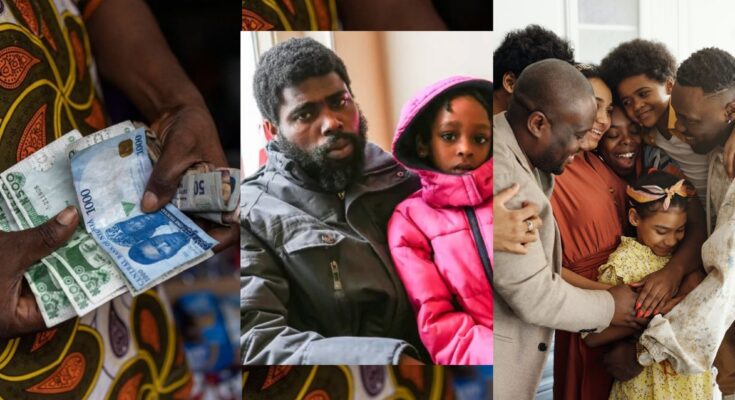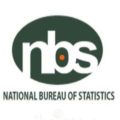Every new year, millions of Nigerian families brace themselves for the financial hardship of January. Three years of double-digit inflation have exacerbated the country’s economic woes, leaving many vulnerable as prices rise faster than incomes.
To understand the human impact, we spoke with two families living in Ikeja – Mr. Lawani and Mrs. Patience – about their experiences surviving this difficult month. Their stories provide a window into the daily challenges facing ordinary families across the nation.
The Burdens of a Flagging Economy
Nigeria’s inflation rate has averaged 15.6% over the past three years, according to the National Bureau of Statistics. The naira also lost over 30% of its value in this period. “Everything costs more but our salaries stay the same,” noted Mr. Lawani
As a single father, Mr. Lawani’s school worker salary no longer stretches far. “I have to choose between food and school fees sometimes,” he said. Meanwhile, Mrs. Patience who has two girls, mentioned that she lost her job in January.
“Losing my job was a shock. I loved my work and thought I was providing stability for my girls. But now we’re struggling on what little savings I have left. Some days all I can offer is plain rice or beans. I try to keep things normal for them, but I know they must be suffering too.” Mrs. Patience mentioned
When asked what led to her losing her job, she refused to mention it. However, she said it had impacted her January funds as she had hoped that she would have a job and use part of her savings to get some items for her children for school, but since she lost her job. She can’t afford any of those things as her savings basically have to go into basic amenities.
Their circumstances reflect the economic pressures squeezing Nigerian households. High inflation erodes purchasing power, while stagnant incomes leave people struggling to afford even basic necessities. This reality makes January a treacherous month for many.
The Heavy Toll of the Holiday Season
The festive period only increases families’ financial woes. Last December, Mr. Lawani went into debt hosting relatives. “I wanted my children to be happy, but now I regret the extra spending,” he said. He further mentioned that the school he worked for had promised to give them their Christmas bonus when they resume but they are not coming forth with it.
Mrs. Patience also splurged on gifts, unaware she would lose her job days into the new year. “I didn’t plan well, and it’s hurting me now,” she noted. Their experiences highlight how holiday spending without means to repay can start the year off in a crisis.
Survival Through Sacrifice and Support
Faced with shortfalls, the three have adopted austerity measures. Mr Lawani walks an hour to work daily to save on transport. Mrs. Patience relies on help from her family and her church.
Their resilience underscores the strength of Nigerian communities. However, sustained inflation and unemployment also take an emotional toll. “I’m stressed all the time about money,” said Mr. Lawani. As January ends, their future prospects remain uncertain.
The experiences of Mr. Lawani and Mrs. Patience provide a window into the daily hardship faced by millions of Nigerians each new year. More citizens can be freed from this monthly struggle by addressing the root causes of high inflation and job losses.
Surviving January Series
IkejaBird will share survival strategies and stories of resilience in our ongoing “Surviving January” series. Our goal is to spread awareness of common challenges, useful coping mechanisms, and signs of hope among Nigerians facing financial hardship. We encourage you to bookmark this page so you don’t miss upcoming articles that may help you or someone you know.








